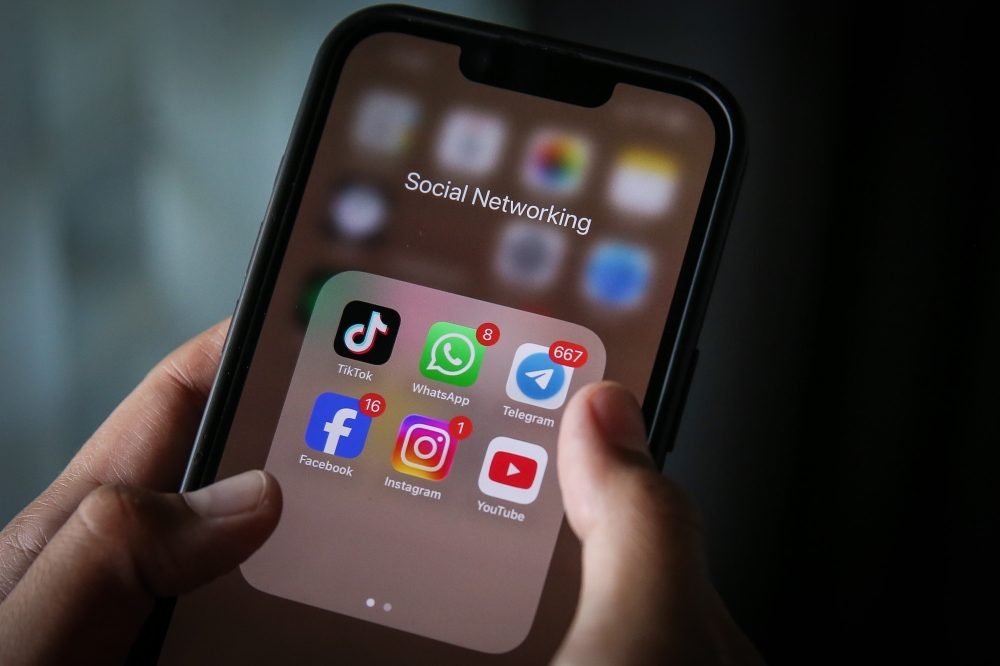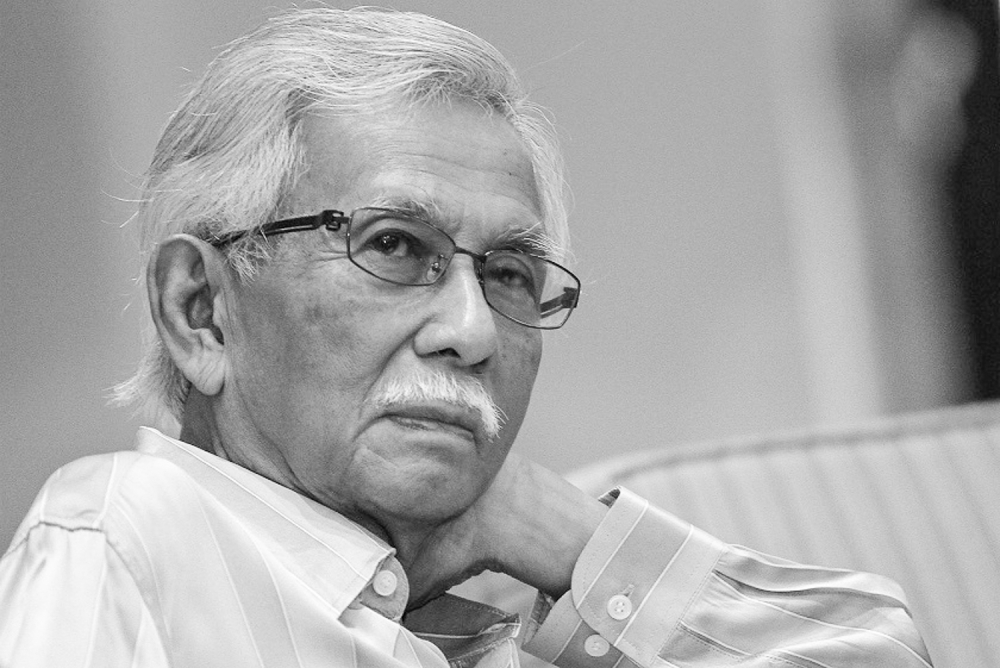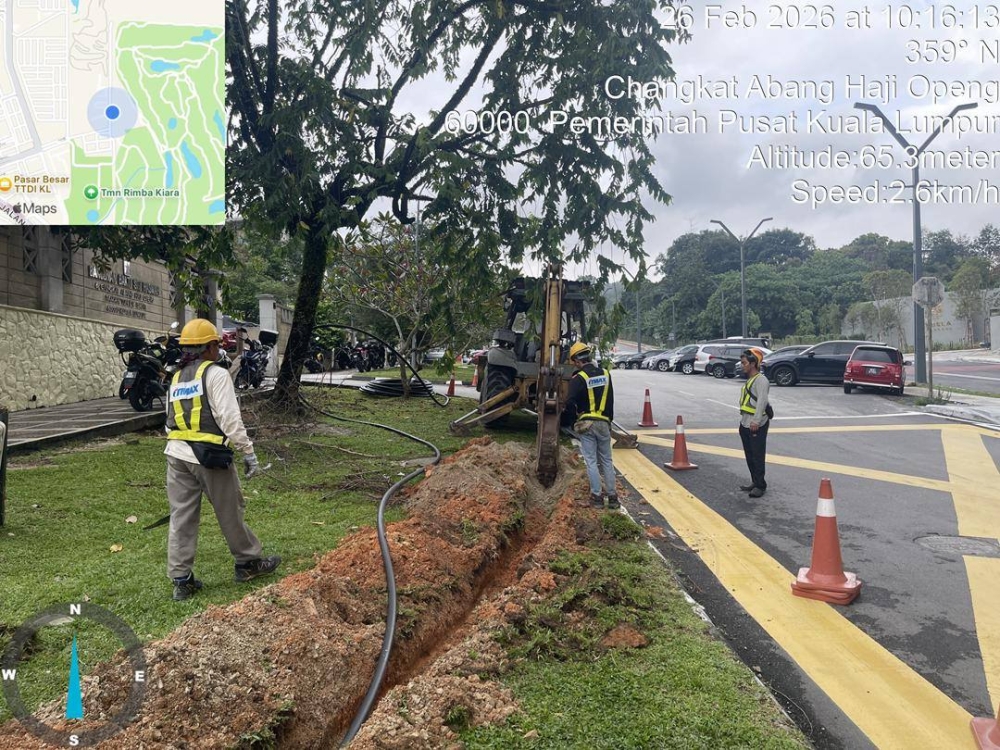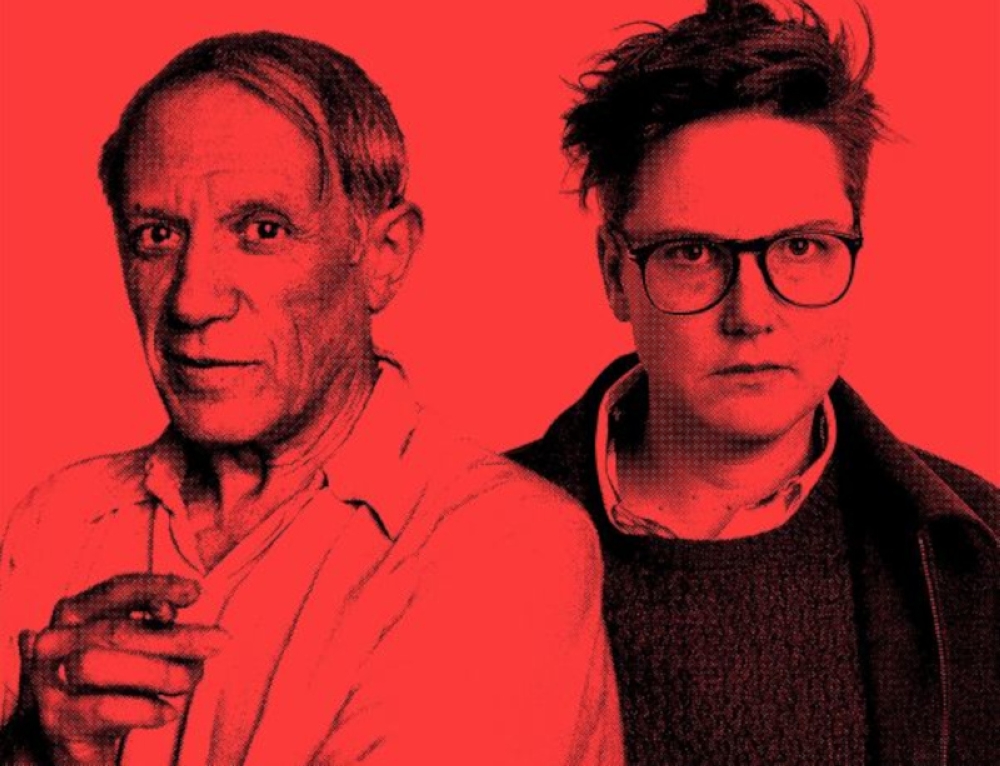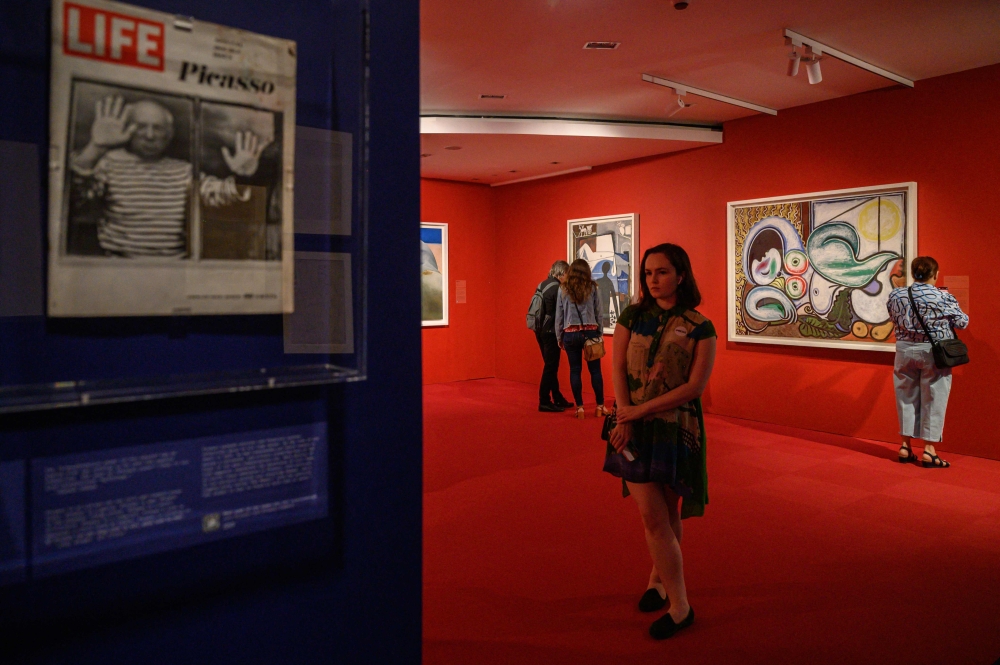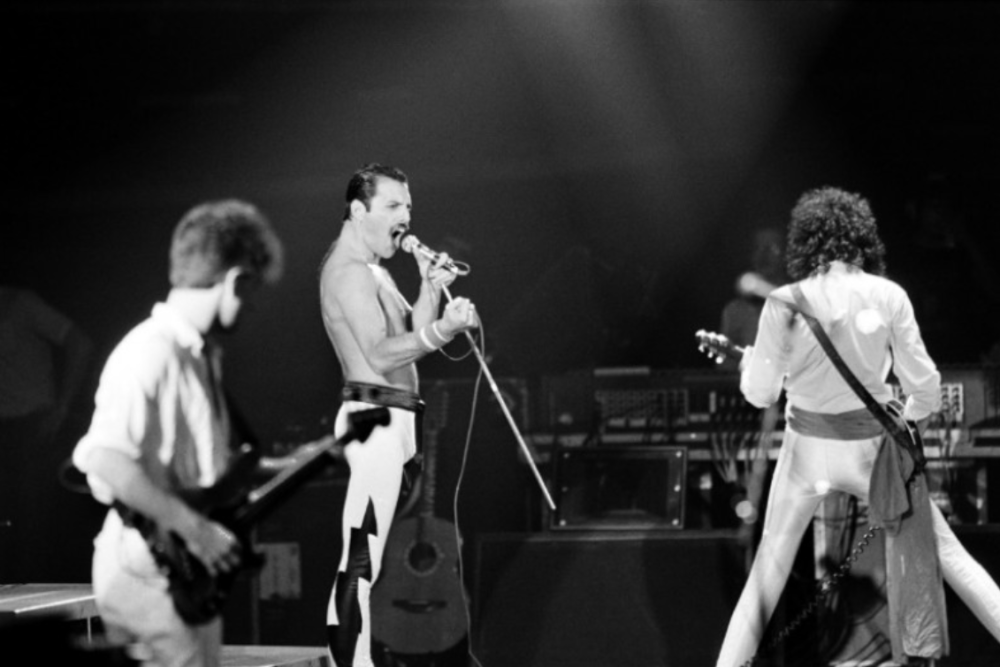NEW YORK, June 7 — Some 50 exhibitions are being staged around the world to celebrate the 50th anniversary of Pablo Picasso’s death. The one now running at New York’s Brooklyn Museum is causing quite a stir among art critics due to its bias against the master of Cubism.
The exhibition in question is titled “It’s Pablo-matic: Picasso According to Hannah Gadsby.” It was organised by curators Lisa Small and Catherine Morris with the help of Hannah Gadsby.
The Australian-born non-binary comedian has never hidden their aversion to this master of modern art. The artist notably lambasted Picasso in their show Nanette (2018), available on Netflix, in which the comedian describes “hating” Picasso as a totemic figure of male domination in the art world.
Hannah Gadsby furthers this case through the Brooklyn Museum exhibition, examining Picasso’s vast oeuvre and legacy “through a critical, contemporary, and feminist lens.” Numerous masterpieces by the Spanish painter have been brought together for this exercise, including several on loan from the Musée Picasso in Paris, and paired with works by female artists such as Nina Chanel Abney, Louise Bourgeois, Cindy Sherman and Kiki Smith.
The aim is to change the public’s view of an artist whose work was nourished by his tumultuous relationships with the women in his life.
“If Picasso, in all of his misogynistic and narcissistic glory, must be remembered as ‘the greatest artist of the twentieth century,’ let’s also remember that it was that century which carried us into this dumpster fire of a world where absolutely nobody is happy. It’s safe to say that the twentieth century as a whole was at least as problematic as Picasso himself, and the nostalgia for it fuels much of the intergenerational conflict of the current century,” said Hanny Gadsby in a statement.
Picasso meets #MeToo
The subject explored in “It’s Pablo-matic: Picasso According to Hannah Gadsby” is part of a more general context of questioning the sacred genius of modern art in the wake of the #MeToo movement. French podcaster Julie Beauzac devoted a whole episode of her successful podcast “Vénus s’épilait-elle la chatte” [“Did Venus shave her p***y?], exploring art history from a feminist perspective, to Picasso’s dark side in 2021. The show, which won an award at the Paris Podcast Festival the same year, has since been turned into a cartoon. Several art historians and personalities have also railed against the painter in recent years, including Icelandic-Danish artist Olafur Eliasson, who described him as being “like a Harvey Weinstein of his time” in 2020.
But the exhibition is struggling to win over North American and European art critics, who have been sharply critical of the show since it opened to the public on June 2. Jason Farago of the New York Times singles out the “fixation” that Hannah Gadsby and the exhibition curators seemingly have on the genitals and bodily functions represented in the Picasso works featured in the show, stating that “each sphincter, each phallus, is called out with adolescent excitement; with adolescent vocabulary, too.” Alex Greenberger of ArtNews called the exhibition “disastrous” and lamented the fact that the show didn’t include “more artists who were thinking about Picasso, or whose work, at least, has something to do with him.”
Such criticism has been dismissed by the Brooklyn Museum via its social media channels and in an op-ed that the museum’s director, Anne Pasternak, wrote for The Art Newspaper. “‘It’s Pablo-matic’ is not about cancelling Picasso. Quite the opposite. Cancelling means refusing to engage. Refusing to have the conversation. Refusing complexity. Ours is an exhibition that invites complexity. And I’m confident Picasso can handle a little complexity. In fact, he invited it. I’m also confident that our audiences can handle complexity, too,” she explained. — ETX Studio





